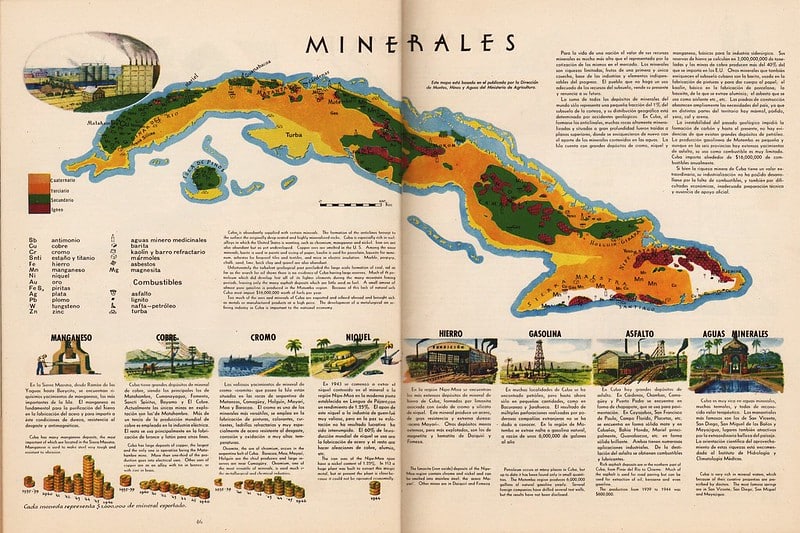$29.8 Million Judgment in First-Ever Helms-Burton Jury Trial
A Cuban-American plaintiff has won a major jury verdict in the Southern District of Florida against four corporate defendants associated with Expedia Group. The case involves an island off the coast of Cuba, which the plaintiff, Mario Echevarría, claimed was expropriated from his family in 1959. The defendants provided digital platforms that allowed travelers to…
Continue ReadingHelms-Burton’s Statute of Repose
Helms-Burton plaintiffs just can’t seem to catch a break. They have struggled to establish personal jurisdiction over foreign defendants, run into issues of foreign sovereign immunity, and found that their property rights have expired. Now, the Second Circuit has held that the Helms-Burton Act’s statute of repose blocks claims more than two years old. Congress…
Continue ReadingEleventh Circuit Reverses Helms-Burton Judgments
On October 22, 2024, the U.S. Court of Appeals for the Eleventh Circuit overturned judgments of more than $100 million each against four U.S.-based cruise lines under the 1996 Helms-Burton Act. The decision is another example of just how difficult it has been for plaintiffs to recover under the act since President Trump allowed suits…
Continue ReadingD.C. Circuit Remands Helms-Burton Case Against Cimex
Exxon (then Standard Oil) owned several subsidiaries in Cuba that were expropriated without compensation by the Cuban government in 1960. In 1996, Congress enacted the Cuban Liberty and Democratic Solidarity Act (CLDS), which permits suits by U.S. plaintiffs against those who traffic in property confiscated by the Cuban government. Exxon has sued Cuban state-owned companies…
Continue ReadingHow to Criticize U.S. Extraterritorial Jurisdiction (Part I)
[This post is based on a lecture delivered at Wuhan University School of Law on October 15, 2023] China has been critical of U.S. extraterritorial jurisdiction. In February, China’s Ministry of Foreign Affairs issued a report entitled “The U.S. Willful Practice of Long-arm Jurisdiction and its Perils.” In the report, the Ministry complained about U.S….
Continue ReadingPersonal Jurisdiction and Extraterritoriality
The U.S. Supreme Court has repeatedly said that Congress has constitutional authority to regulate extraterritorially. “Both parties concede, as they must,” Chief Justice Rehnquist wrote in EEOC v. Arabian American Oil Co. (1991), “that Congress has the authority to enforce its laws beyond the territorial boundaries of the United States.” The presumption against extraterritoriality, which…
Continue ReadingMore Evidence that Helms-Burton is Backfiring
In 1996, Congress passed the Helms-Burton Act to strengthen sanctions against Cuba and to deter foreign companies from investing there. To discourage foreign investment, Title III created a civil remedy allowing U.S. nationals to sue any person who “traffics” in property confiscated by the Cuban government for damages in an amount three times the value…
Continue ReadingA Baffling Characterization Decision
Characterization plays an important role in a court’s choice-of-law analysis. If an issue is characterized as a “contracts” issue, then the court will apply the choice-of-law rule for contracts to determine the governing law. If an issue is characterized as a “torts” issue, then the court will apply the choice-of-law rule for torts. Because the…
Continue ReadingNew Article Argues that the Helms-Burton Act Has Backfired
In an article recently posted on SSRN, Gergana Sivrieva surveys cases filed under Title III of the Helms-Burton Act for trafficking in expropriated property. She shows that, surprisingly, the principal defendants have not been foreign companies investing in Cuba but rather U.S. companies with only attenuated connections to such property. Congress passed the Helm-Burton Act…
Continue Reading






